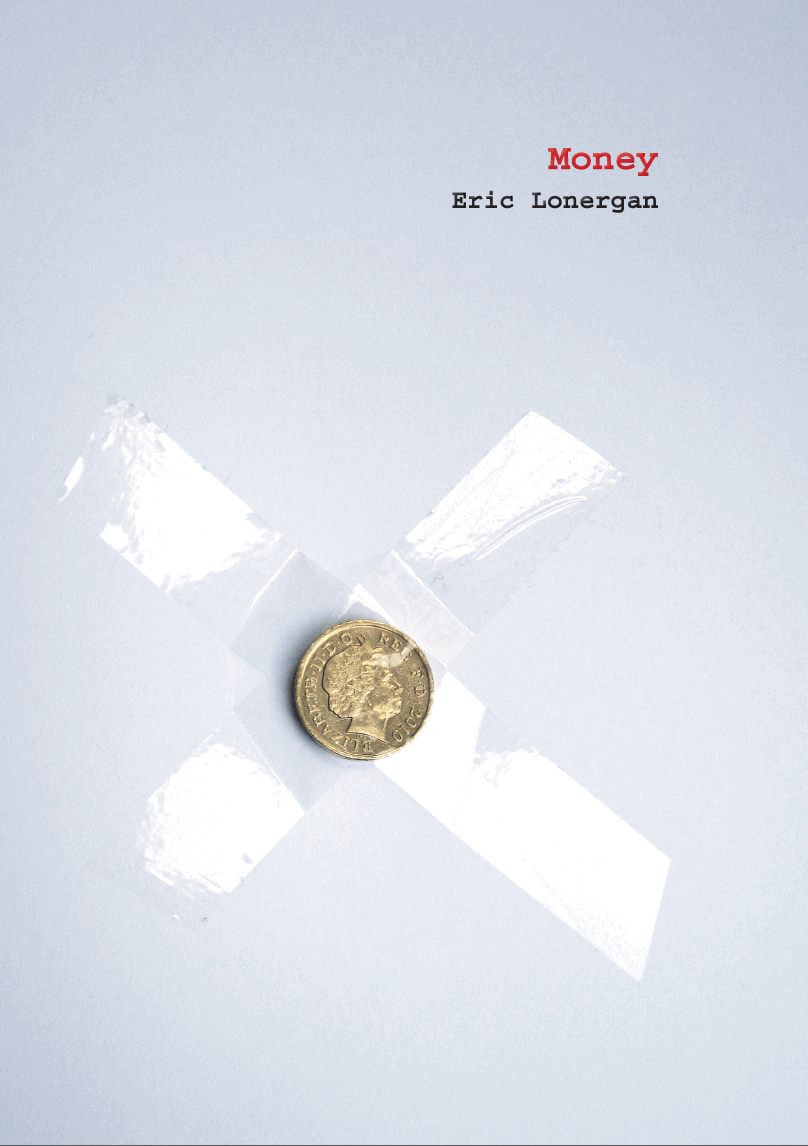Measurement
Blood banks: what do you charge for deposits and withdrawals?
A very striking example of how pricing something might change our attitude towards it was provided in 1970 by a professor at the London School of Economics. Richard Titmuss argued in The Gift Relationship that paying for blood donation would reduce the amount donated. Now Titmuss was not just raising a specific point about how best to organise blood donation, he was challenging the neutrality of monetary exchange in social activity.
The price of a pint
Measurement is necessary for money’s original purpose – accounting and exchange – but it corrupts and confuses.
Money measures some things very accurately, such as supermarket sales and balance sheets, and insidiously intrudes to measure others: such as status, perceptions of well-being or happiness. We try to measure things that cannot be measured, such as risk, and we distort the measurement of many others, such as the value of human endeavour.
If you can measure, you can compare. If you can measure, you can aggregate. If you can measure and aggregate, you can compute; and if you can compute, technology now permits limitless sophistication of analysis. But measurement is one dimensional and always leaves something behind. The cost of measurement is usually measured by some loss of understanding.

The theme of measurement is discussed in more detail in Eric Lonergan’s book, Money, the art of living (Acumen Publishing)
Also recommended:
Heyes, A. 2003. “The economics of vocation”. Discussion Papers in Economics 03/4, Royal Holloway, University of London.
Mellström, C. Johannesson, M. “Crowding out in blood donation: was Titmuss right?”

Leave a Reply